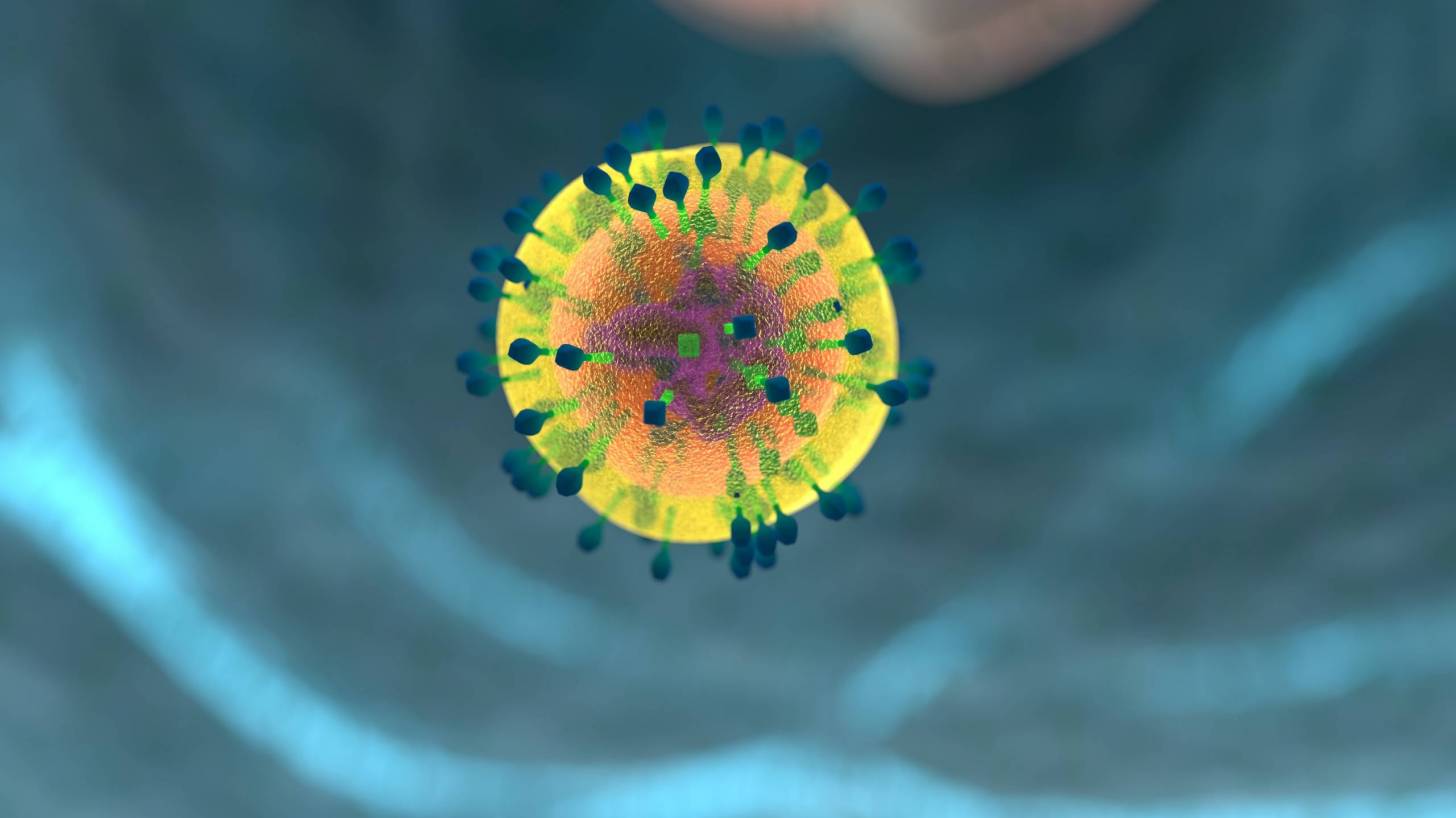New Flu Antivirals May Be Needed

2018’s unexpectedly aggressive influenza season reminded everyone that although the flu vaccine can reduce the number of people who contract the virus, the vaccine is still not 100 percent effective.
Since the start of the 2017-18 flu season in October, the Centers for Disease Control and Prevention (CDC) have reported over 65,735 positive tests for the virus in the U.S., resulting in hundreds of deaths.
The CDC attributes such an active season to the presence of a particular strain of the virus, influenza A H3N2.
Flu vaccines are less effective against H3 type viruses because these pathogens are more likely than other strains to mutate after the vaccine has been produced.
And, when the influenza immunization is not effective, antivirals are the next, best treatment, says the CDC.
Antiviral drugs are prescription medicines that fight against the flu virus in your body. Antiviral drugs are different from antibiotics, which fight against bacterial infections, says the CDC.
New research presented at the 255th National Meeting & Exposition of the American Chemical Society (ACS) reports on YouTube that a tweak to a small-molecule drug shows promise for future production of new antiviral therapies that could help patients, regardless of the influenza strain with which they are infected.
In order to develop an antiviral drug for influenza, scientists had to find an area within its structure that would prove vulnerable.
The influenza virus is a lipid-enveloped, negative-sense, single-strand RNA virus, meaning the genetic information it uses for replication is contained in RNA strands held inside a protein shell that is coated with a fatty layer. Instead of relying on a host’s straightforward DNA replication process as some other viruses do, influenza depends on its own enzyme called RNA-dependent RNA polymerase.
Which means, scientists have consistently focused research efforts on developing a drug that would affect this viral process.
Seth Cohen, Ph.D., who is at the University of California, San Diego and co-founder of Forge Therapeutics, notes ‘that the RNA polymerase complex remains constant across many different versions and mutations of the influenza virus. Therefore any therapies that target it are not likely to suffer from the issue the vaccine faces; namely, the H3 flaw.’
‘The RNA polymerase itself is divided into three subunits,’ says Dr. Cohen.
“One of the major targets has been a particular RNA polymerase subunit that the virus uses,” Dr. Cohen says.
“It is a nucleic-acid processing protein that is required for the life cycle of the virus, for it to replicate and to propagate, and it is dependent on manganese metal ions.”
This subunit relies on two manganese ions to initiate the replication of the genetic information.
Scientists have reasoned that a drug that could bind to the manganese ions would shut down the protein’s ability to work, leaving the virus unable to reproduce and spread through the body. This could weaken or perhaps completely stop the virus, thereby treating the flu.
Dr. Cohen has spent the past two years uncovering how manganese ions bind to the RNA polymerase subunit in order to develop a better drug that would serve as a wrench in the virus’ replication works.
“We modified our small-molecule drug so that it would bind to both manganese ions simultaneously,” he says. He then tested the molecule on the RNA polymerase protein.
“The modification dramatically improved the potency of the compound over previous drugs we created,” he says. The team is hopeful that in the coming months, it will be just as effective when they challenge the whole influenza virus with the molecule.
“This is a medicinal intervention that will slow down the virus if not completely stop it,” Dr. Cohen says.
“The drug could potentially eliminate the virus on its own or just sufficiently slow its reproduction so that the body can ultimately clear it. It’s like taking an antibiotic for a viral infection.”
This year’s severe flu season raises new concerns about the potential for consumers to be lured into buying unproven flu treatments.
As part of the U.S. Food and Drug Administration’s (FDA) ongoing efforts to protect consumers from health fraud, the agency is reminding consumers to be wary of unapproved products claiming to prevent, treat or cure influenza, or flu.
However, there are numerous unsafe products that continue to be sold directly to consumers.
The FDA recommends consumers buy prescription drugs from their local pharmacy or only through an online pharmacy that requires a valid prescription from an authorized healthcare professional, such as a pharmacist, nurse or doctor.
Oseltamivir (Tamiflu), zanamivir (Relenza), and peramivir (Rapivab) are existing antivirals recommended by FDA for influenza treatment.
Antiviral drugs are not sold over-the-counter. You can only get them if you have a prescription from your doctor or healthcare provider.
These medicines can be found at most pharmacies.
These researchers acknowledge funding from the U.S. National Institutes of Health.
The American Chemical Society, the world’s largest scientific society, is a not-for-profit organization chartered by the U.S. Congress. [email protected].
Our Trust Standards: Medical Advisory Committee

























